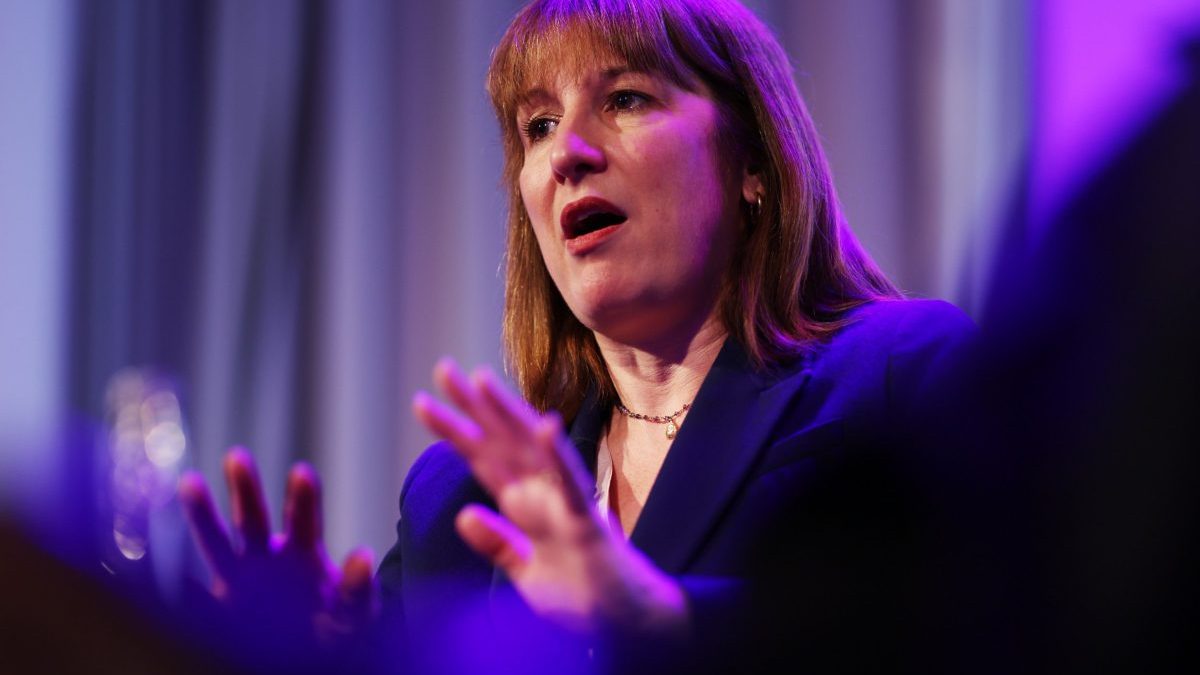The spending review on Wednesday is set to include £100bn in extra infrastructure spending but cuts to most Whitehall departments
Britain will face higher taxes after the upcoming spending review, experts have predicted, as Rachel Reeves comes under mounting pressure to raise more money for public services.
The Chancellor will announce on Wednesday that she is putting an extra £100bn into infrastructure projects and hiking spending on the NHS, while ordering cuts for most Whitehall departments.
She will also claim that going through all public spending line by line has uncovered billions of pounds in efficiency savings, The i Paper understands.
But economists say that Reeves will nonetheless have to come back in the autumn Budget with additional tax rises to meet demands from Labour MPs and trade unions for more spending on services.
Her allies insist that she will instead grow the economy to free up extra cash, rather than relying on higher taxes.
Union campaign for wealth taxes
In the coming days, unions are understood to be launching a coordinated campaign for wealth taxes to raise money from the richest, with capital gains tax and levies on better-off pensioners among the options.
Sharon Graham of Unite said that the Chancellor needed to fully reverse the cut to winter fuel payment funded by a tax on wealth, adding: “The Government needs to learn that when you are in a hole, you should stop digging.”
The Chancellor is also coming under increased pressure from Labour MPs who would like her to raise direct taxation.
One Labour MP said: “I would like us to look at tax. When the public realm is in such a dire state, I am not sure having the lowest corporation tax in the G7 is the right priority.
“I think there’s an automatic assumption that you say anything about raising taxes that people run away.
“I have had time and again people say to me: ‘We are fairly happy with paying more, why don’t you just ask us to pay some more income tax?’ I think it really insults the electorate to think that they can’t deal with that argument.”
Another added: “We know that austerity doesn’t work so if we are looking at more efficiency savings then I am not sure we will deliver anything better. I want to see her signal – ahead of the Budget – that she will be looking at things like tweaking fiscal rules and taxation.”
The Chancellor is sticking with a promise not to raise income tax, VAT or national insurance but refused to rule out other tax hikes at a CBI dinner on Thursday.
It has been widely suggested that options on the table include raising capital gains tax, reducing the lifetime allowance threshold on pension pots, and restricting other forms of tax relief for pension savers.
The Chancellor could also maintain the freeze on income tax thresholds, which has the “fiscal drag” effect of pulling more people into higher rates of taxation as wages rise.
It also raises the prospect of pensioners having to pay income tax as pensions rise.
Call to reverse Jeremy Hunt’s national insurance cut
A leading economist who has been advising Labour said the Chancellor should consider reversing cuts to national insurance which were announced by Jeremy Hunt when the Conservatives were in power – rather than blaming her predecessor for leaving a £22bn “black hole”.
The source said: “It’s not the £22bn that’s been their problem, it’s the unfunded tax cuts that the Tories introduced before the election that Labour supported.”
James Smith of multinational bank ING said Reeves was “likely to be in the red in the autumn” thanks to shifting economic conditions and pressure to spend more on defence and benefits, with a possible shortfall of £20bn.
“The easiest way to raise the money would be to extend the existing freeze on income tax thresholds, dragging more people into paying higher rates of tax, and increasing employers’ national insurance contributions again.”
Speaking to the Confederation of British Industry this week, the Chancellor refused to rule out raising taxes – saying: “I’m not going to say that I’m not going to take any tax measures in the next four years.” But she insisted the next Budget would not be a repeat of the last one.
The spending review is expected to include promises of more transport investment in the North of England, although some of the details will be held back until the publication of a “10-year infrastructure strategy” the following week.
A Treasury spokesman said: “The best way to strengthen public finances is by growing the economy. That is our focus and the key priority in our plan for change.
“Changes to tax and spend policy are not the only ways of doing this, as seen with our planning reforms which are expected to grow the economy by £6.8bn and cut borrowing by £3.4bn.”
